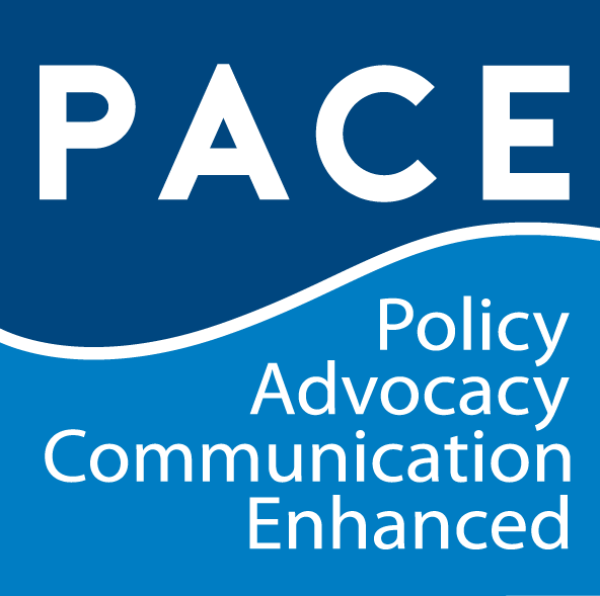Depending on the needs of participants, trainers can select from among the modules and sessions included in this toolkit to build a curriculum that best suits their goals and the skill level of participants. Each module contains between one and three instructional presentations that outline key concepts and skills. Additional sessions and exercises build on the instructional presentations, adding complexity and providing opportunities for participants to apply the skills individually and in small groups. Supplementary Activities include small Working Group sessions where participants meet with a mentor in a small group, discussing and gaining feedback on how they apply the skills to their own research or advocacy topic. Supplementary Activities also include guidance for designing optional sessions with external speakers or suggested site visits that may be included. Over several decades, we have found that allowing sufficient time for participants to truly apply the skills through their own research topics facilitates the most valuable learning.
Planning a Successful Workshop
To plan a successful workshop, identify what skills are most relevant for your participant group.
Preparing participants in advance is critical to the success of any workshop. Convey the agenda and expectations for the workshop in advance. Depending on how you structure the sessions, homework reading and assignments will likely be required outside of training hours. Many of the exercises ask participants to apply the skills to a body of research or advocacy topic they are familiar with. Participants should come to the training with the results of that research, or a clearly defined topic for advocacy, in order to make the most of these sessions. While the majority of examples in this training focus on family planning method choice in developing countries, the policy communication skills can be adapted and applied to any topic area.
Sample agendas are included here for two-day, five-day, and two-week workshops.


